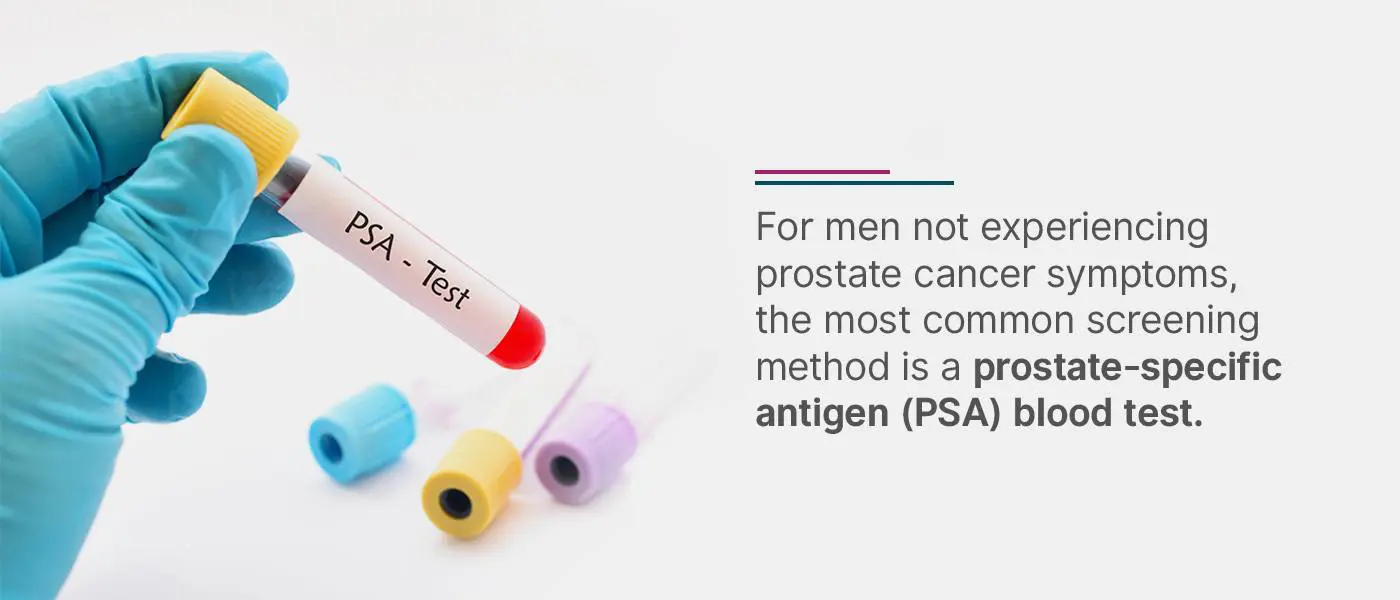
Key facts
- Prostate specific antigen is a protein made by the prostate in males.
- PSA levels are used to monitor prostate cancer.
- PSA testing alone is not enough to diagnose prostate cancer.
- If you have prostate symptoms or other risk factors, the PSA test can be useful.
What is the prostate specific antigen (PSA) blood test?
The prostate specific antigen (PSA) blood test measures the amount of prostate specific antigen in your blood. PSA is a protein that is made by the cells in your prostate gland.
The prostate is part of the male reproductive system. Most of the PSA made is released into semen but some goes into your blood.
High levels of PSA can be caused by prostate cancer, but it doesn’t always mean a diagnosis of prostate cancer.
You might have high levels of PSA if you have other prostate conditions such as:
- prostatitis (inflammation of the prostate)
- benign prostate hypertrophy
- other conditions such as kidney failure
Why might I need the PSA blood test?
Your doctor might suggest a PSA test if you have prostate symptoms, such as:
- needing to urinate frequently or suddenly
- discomfort or difficulty when urinating
- blood in the urine or semen
The PSA test is not recommended as a screening test for prostate cancer in males with no symptoms or family history.
If you do not have symptoms but would like a PSA test, you should discuss this with your doctor. It can be a good screening tool, but you cannot rely on this test alone.
If you have a higher risk of developing prostate cancer, or if you have prostate symptoms, PSA testing may be useful.
It is possible to have prostate cancer with a normal PSA level. It is also possible to have prostate cancer with only slightly raised PSA levels.
The only definite way to diagnose prostate cancer is with a biopsy. An MRI scan of the prostate can help work out if a biopsy is needed.
Talk to your doctor about the risks and benefits of PSA blood testing and screening. Your doctor will check for symptoms and risk factors. They may do a rectal examination.
If you have prostate cancer, the PSA blood test can help your doctor monitor your condition. If the PSA levels go up, this suggests that your cancer is growing.




